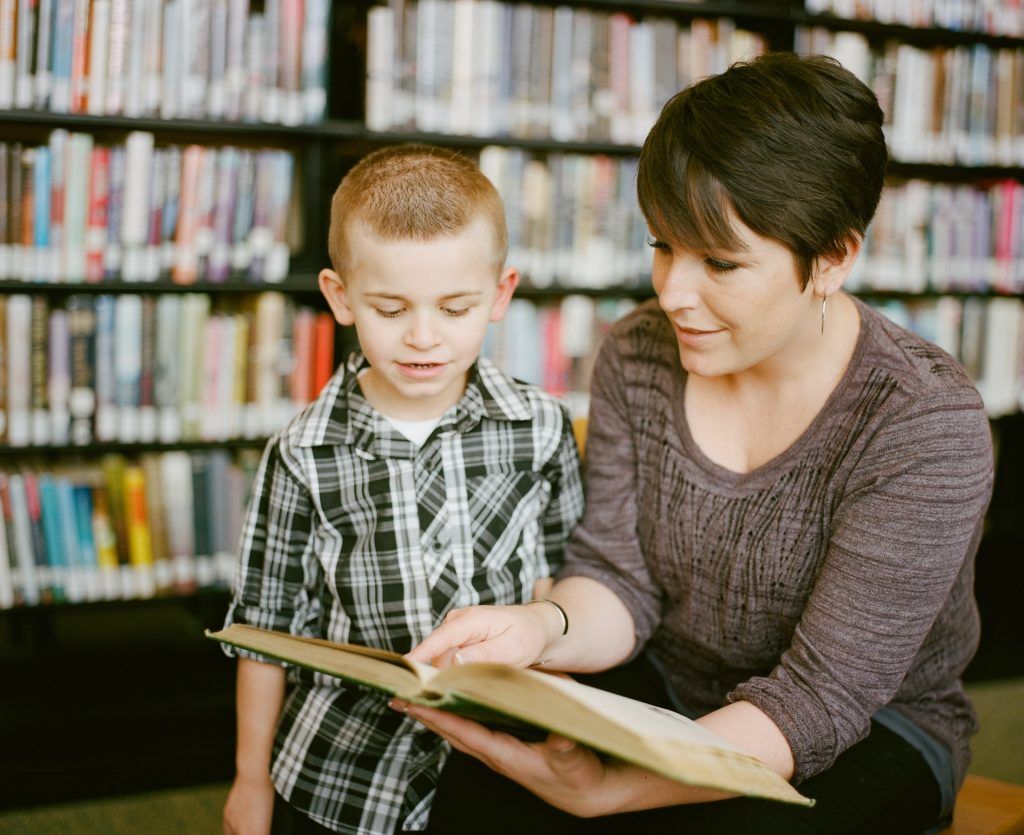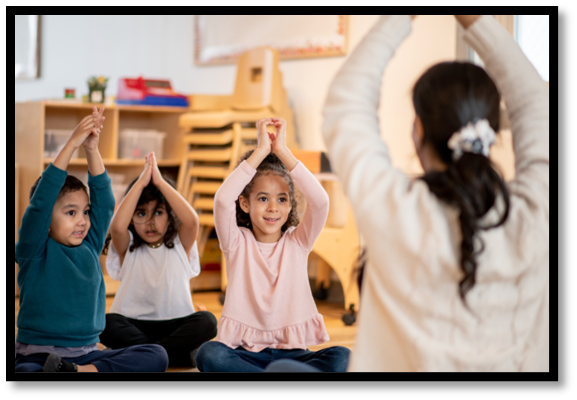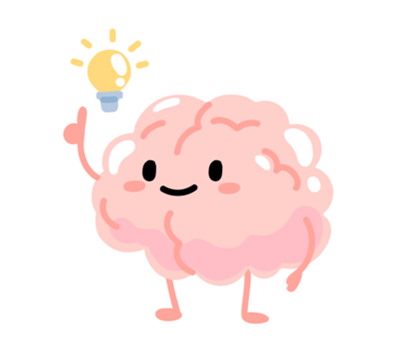I recently attended a conference for educators. As the conference came to a close and we were getting ready to pack up, a woman approached me in the booth and wanted to know what GrapeSEED was all about. I started explaining the program and how it benefits young learners. She commented on how she loved the way the materials looked and that it seemed like something her three-year-old daughter would like. But then she caught me by surprise. “How do I get started with reading for my daughter? I don’t know what to do. Should I read to her? What do I read?” She was a loving parent who wanted to do something to help her daughter with literacy, but she truly did not know how to get started.
She is not alone.
I later shared my conference experience with a librarian who told me that she was asked those same questions by a medical doctor – a highly-educated father with a Ph.D. – because he wasn’t sure when to start reading with his two-year-old son.
“When should I start reading with my child?” is a common question from many parents across all academic and socioeconomic backgrounds.
The American Academy of Pediatrics has asked pediatricians to help spread the word on the importance of reading with children and starting early. According to the US Department of Education , “Reading aloud to young children is so critical that the American Academy of Pediatrics recommends that doctors prescribe reading activities along with other advice given to parents at regular check-ups.”
So what should we tell parents when they ask, “When should I start reading with my child”? As soon as possible, even if she is a newborn! Your child hears the sound of your voice and begins learning the patterns of language as you read to her. Her communication skills start developing immediately, and reading to her will help nurture those skills as she grows.
But we can take it one step further by explaining to them that how they read with their child may be just as important as how early they start. By doing a few, simple things while reading together, caregivers can make a huge difference in their child’s comprehension and reading fluency. Here are some tips to share with any parent, grandparent, family member, or caregiver who spends time with a young learner, no matter their own literacy level.
- Read something with your child every day or as often as possible. It doesn’t have to be a children’s book; it can be a newspaper or magazine article or even a piece of mail (You might remember when twelve-year-old Mathew Flores asked his mailman for junk mail because his family couldn’t afford books or a bus pass to the library and he loved to read!).
- Read picture books, ask questions, and discuss what the pictures mean. This helps your child build an understanding of the meaning behind the words, build visual literacy skills , and make a connection to his own life. Picture books are also great for babies as their vision develops and they learn how to focus their eyes.
- Show your child the front and back of a book, as well as how to turn pages, read left-to-write, move from one line to the next, and other similar concepts known as concepts of print.
- Create a home library where your child can easily and safely access books. Swap or borrow books with friends and family. You can also find book drives, often at your local library or community center, where books are very inexpensive or free.
- Visit your local library as often as possible and ask your librarian for age-appropriate books, videos and programs. Libraries are expanding Story Time and other popular programs as the word is spreading about the benefits of developing early literacy skills; the library is playing a growing role in promoting this development.
- If your child is in day care or preschool, talk to the teachers, caregivers, or school librarians about reading with your child. They should have plenty of ideas, tips, and books or other materials for you to share with your little one.
- Encourage a life-long love of reading. Demonstrate how fun and rewarding reading can be by reading to yourself in the presence of your child. Also allow the child plenty of opportunities to read or look at books on her own. But above all, spend one-on-one time reading with your child, starting from birth or as early as possible.





Ready to Start Your Journey?

6425 Living Place
Suite 200 #1021
Pittsburgh, PA 15206
Tel: 800-449-8841
Email: contact.us@grapeseed.com
© 2024 GRAPESEED INTERNATIONAL PTE. LTD.
